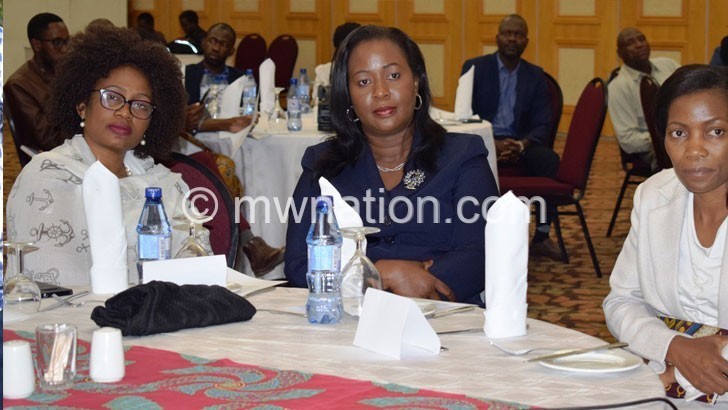CisaNet for agricultural sector transformation
Civil Society Agriculture Network (CisaNet) has urged members of Parliament (MP) to be vigilant in lobbying for agriculture sector development in Malawi.
The organisation made the call on Tuesday in Lilongwe at an orientation meeting with the Parliamentary Committee on Agriculture, Irrigation, Natural Resources and Climate Change.

CisaNet board member George Vilili said in an interview they expect the new committee to collaborate towards a vibrant agriculture sector in Malawi.
“CisaNet works to promote agricultural development and sustainable livelihoods for the rural poor by influencing desired change in policies, practices and attitudes of government, development partners and other stakeholders through effective and results-focused advocacy, research and networking,” he explained.
On her part, CisaNet programmes sub-committee chairperson Beatrice Makwenda said the current agriculture State funding, which is at 10 percent, is not sufficient to effectively increase agriculture production.
“Some of the key issues affecting agricultural development are low productivity, overdependence on maize and tobacco, climate change, limited agro-processing and inadequate investments for market development,” she said.
Chairperson for Parliamentary Committee Sameer Suleman said they are now able to appreciate the challenges that smallholder farmers face on the ground.
“It is very important for MPs to coordinate with CSOs [civil society organisations] to guide us on the essential areas to focus during budget planning and allocation in the agriculture sector. We need to lobby government to allocate more funding to the sectors that are [overlooked] but quite crucial for agricultural development such as the livestock sector,” he pointed out.
CisaNet was established in 2001 as a grouping of CSOs working in the agriculture sector with a current membership of over 70 international, local and community-based organisations, academic institutions and individuals.





